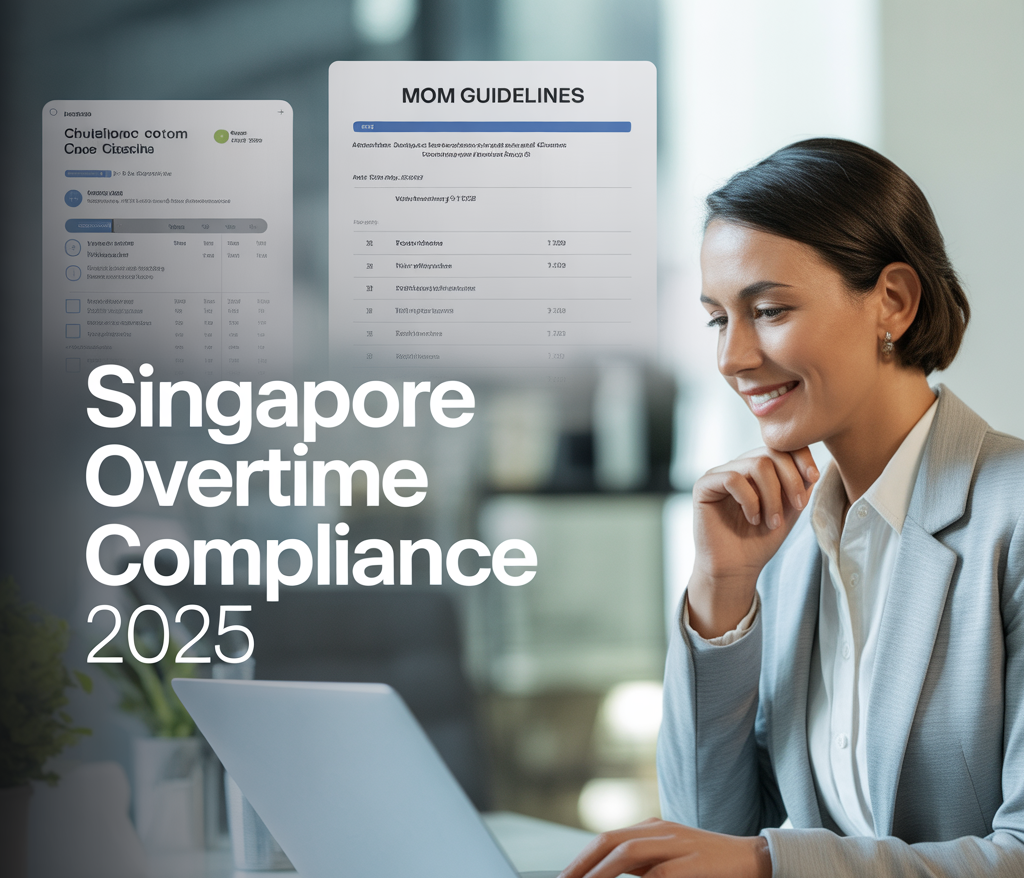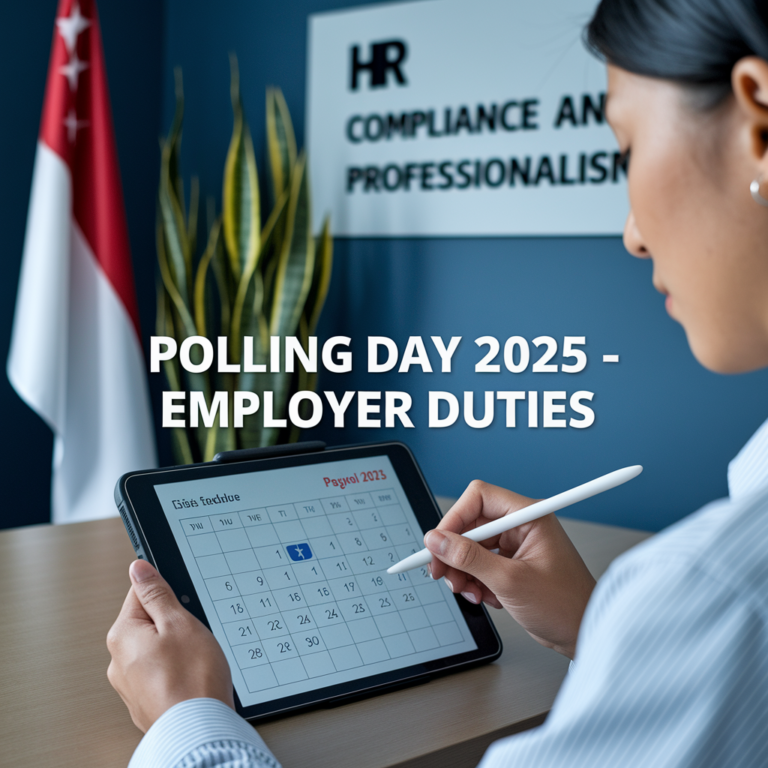As Singapore’s workforce evolves, so must its labour practices. The Ministry of Manpower (MOM) has once again stepped up efforts to ensure fair compensation, particularly regarding overtime pay.
At Kanry Search, we work closely with HR leaders and employers to stay ahead of these developments, helping you remain compliant while retaining top talent.
⚠️ Misclassifying Employees to Avoid Overtime? MOM is Watching
The MOM has highlighted that misclassification of employees, typically done to sidestep overtime obligations, remains low but is actively monitored. Over the past three years:
• 🧾 45 cases per year were reported to the Tripartite Alliance for Dispute Management (TADM)
• ✅ About 30% were valid and resulted in employers being required to provide proper compensation
👉 Pro Tip for Employers: Your employee’s title doesn’t determine overtime eligibility; their actual job scope and authority do.

🕵️ MOM’s Approach:
It’s About What You Do, Not What You’re Called
MOM clarified that job titles like “executive” or “manager” aren’t a free pass from overtime obligations.
The real test is:
• Does the employee make key decisions for business operations?
• Are they independent in authority, or simply following instructions?
This interpretation aligns with MOM’s employee-first philosophy under the Employment Act.
🧠 Education + Enforcement: MOM’s Two-Prong Strategy
MOM is not just policing, it’s also educating. Here’s how they’re ensuring compliance:
• 📣 5,000 inspections per year
• 🧑🏫 Employment Act clinics for non-compliant companies
• 📢 Work right outreach campaigns to inform both workers and employers
Serious violations? Expect fines, investigations, or prosecution.
💤 Beyond Pay: Protecting Worker Well-being
While MOM hasn’t conducted studies on burnout caused by unpaid OT, it has built protections into law:
• 📆 Mandatory weekly rest days
• ⏱️ Work limits: 8 hours/day or 44 hours/week
• 💼 Employer duties under the Workplace Safety and Health Act to prevent fatigue
The bottom line: Overworked, underpaid employees aren’t just an HR issue, they’re a compliance risk.
📅 Annual Leave: What’s Legally Required?
Another hot topic MOM addressed is the minimum annual leave for employees.
💡 Key Stat:
• In 2023, 18,800 full-time resident employees (aged 25–64) received only 7 days of annual leave, all in their first year of employment
📜 What the Law Says:
• First-year employees (with 3+ months of service) must receive at least 7 days
• Leave entitlement increases by 1 day per year, capping at 14 days
🎯 This is 100% legal, but employers should communicate clearly and stay competitive, especially in sectors where work-life balance matters to retention.
👔 What This Means for Employers & HR Teams
Failing to pay OT isn’t just unethical — it’s a legal liability. With enforcement on the rise, businesses should:
• ✅ Conduct internal audits of job scopes vs. job titles
• 🔍 Review contracts for compliance with the Employment Act
• 🤝 Partner with experienced HR & recruitment firms to ensure proper classification
Need help with payroll, HR advisory, or compliant workforce structuring? Kanry Search has your back.
📩 Stay Compliant. Stay Competitive.
Don’t wait for a TADM claim to take action. Whether you’re managing local hires, foreign workers, or expanding teams, we’ll help you ensure compliance while building a stronger, happier workforce.
👉 Contact Kanry Search today for HR compliance support, recruitment solutions, and payroll outsourcing.
📚 Sources
• MOM: Full-time resident employees receiving only seven days of annual leave




